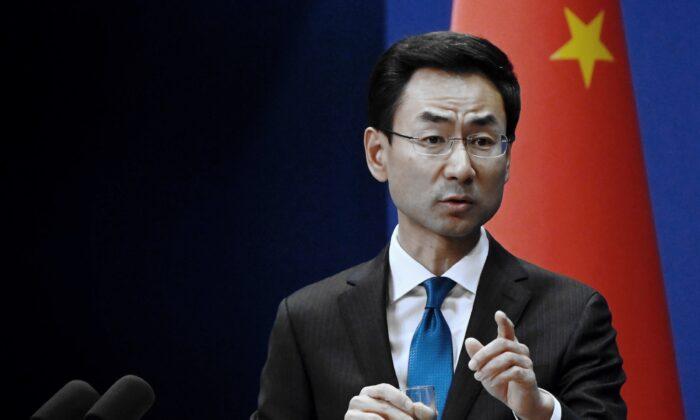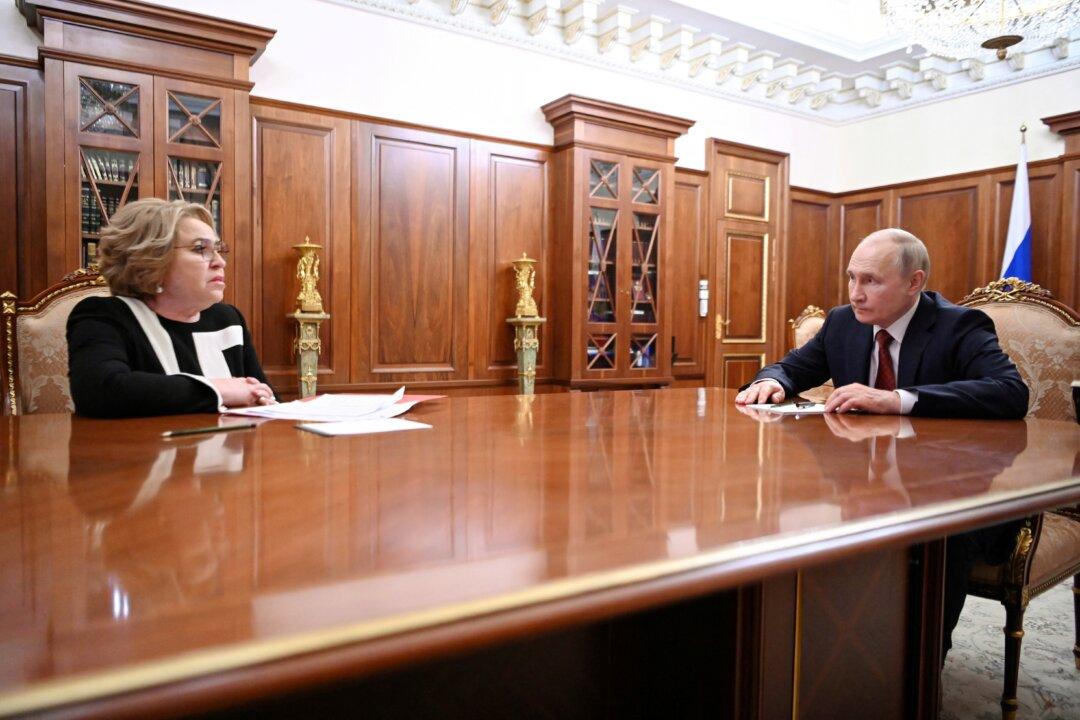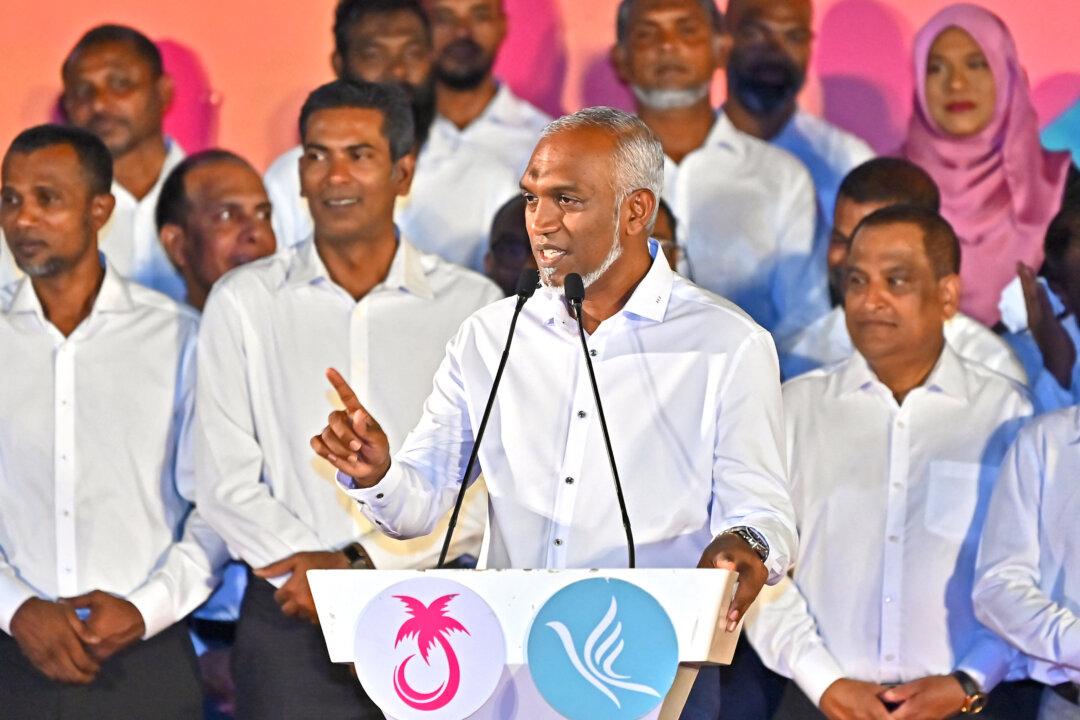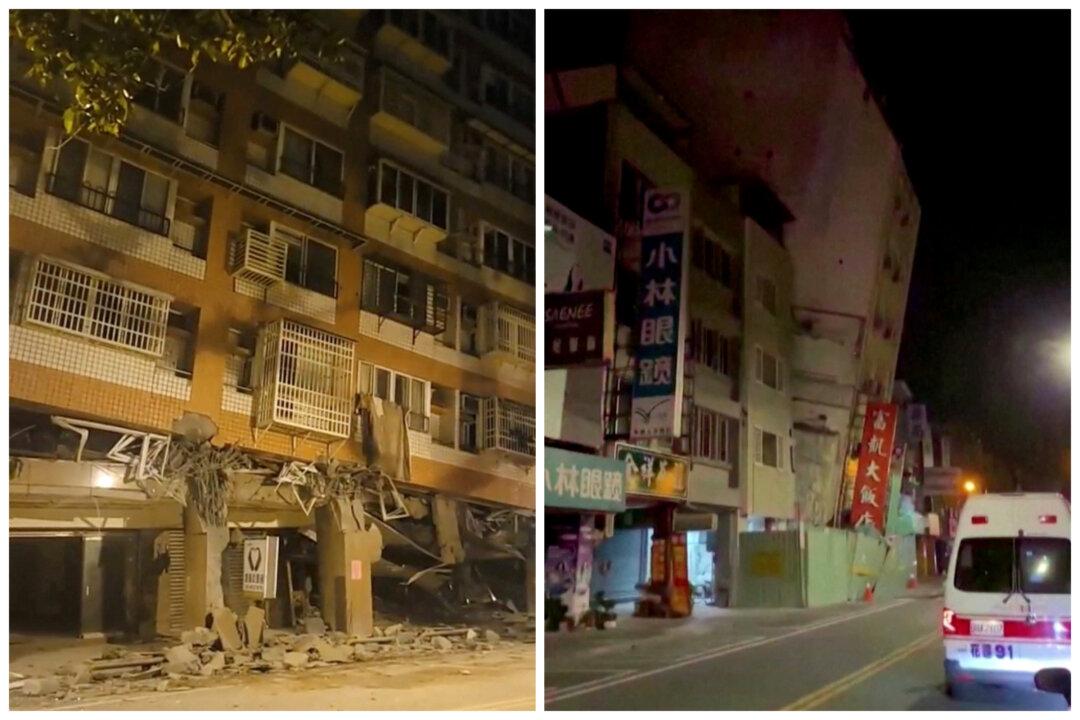In the early hours of Wednesday, Beijing announced the expulsion of the journalists as retaliation for U.S. actions against Chinese media organizations, sharply escalating a tit-for-tat between Beijing and Washington over press freedom.
The decision also raised questions about Hong Kong’s autonomy under a “one country, two systems” agreement that sets out the former British colony’s autonomy from the mainland.
But under Hong Kong’s Basic Law, as its mini constitution is known, Beijing is ultimately responsible for foreign affairs and defense in Hong Kong.
Chinese foreign ministry spokesman Geng Shuang said the expulsions were in response to U.S. actions and that the decision to oust the journalists, and block them from Hong Kong, fell under Beijing’s diplomatic authority.
The Hong Kong government did not immediately respond to a request for comment.
Geng declined to say how many journalists were affected by the decision.
The dispute has spiraled quickly.
Last month, Washington forced Chinese state media firms to register as foreign embassies.
The Foreign Correspondents’ Club in Hong Kong said it was alarmed at the decision to expel the journalists and even more concerned that they would be banned from working as journalists in Hong Kong.
It said Hong Kong officials must provide assurances that foreign journalists working in Hong Kong and those applying to work in the city would continue to be issued employment visas without interference from the Chinese regime.






Friends Read Free